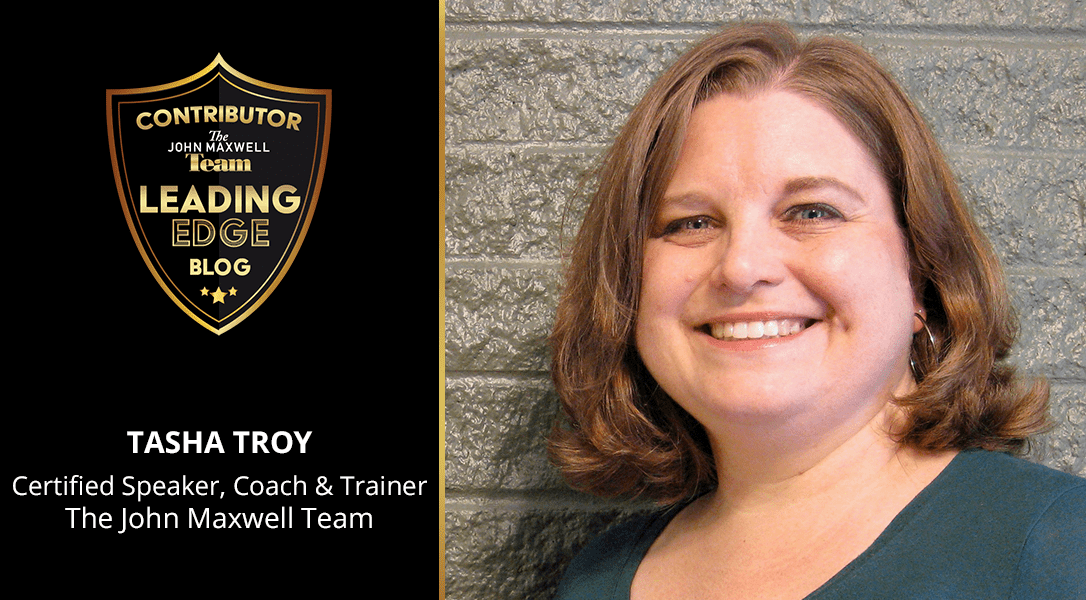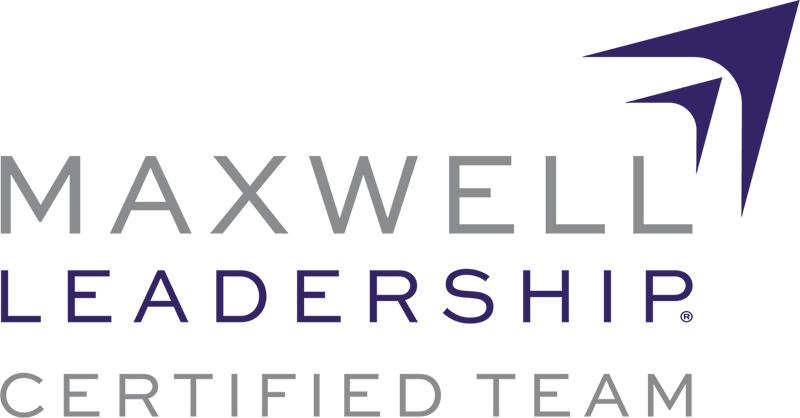The Leading Edge: A Key to Becoming a Leader of Leaders

In 2006, while I was working as a corporate trainer at a multinational corporation, I started teaching in a professional development program designed for top performers in the company. For the first time in my career, I had trainees who were, for the most part, older and more accomplished than I was.
The participants in this program came from several different branches of the company and were fairly senior mid-level managers. One of them had published a book in his field, and another was a lawyer who had graduated from Chicago University.
I have to admit that I was a bit intimidated.
Fortunately, I had one participant, one of the more senior managers in the program, who took the time encourage me and thank me for the training. His actions helped me see that we were all in this program together. From that point on, I viewed my work more as a collaboration with the participants than as one-way instruction.
Since then, I have learned how to establish myself as the expert in my field while recognizing and honoring the expertise and experience of the participants taking my course.
In his book Good Leaders Ask Great Questions, John Maxwell addresses the question of “How does one lead people who are more knowledgeable when put in charge of them?” He says, “You need to admit where they’re better than you, and look for common ground.” I have found this to be a highly effective approach.
Today, I am very intentional to be transparent with those I am training about what my personal and professional strengths are, and what they are not. I am also intentional about finding the strengths of each individual and drawing on those strengths when called for.
Let me give a current example of how this looks in real life.
I am currently teaching a professional communication course that covers public speaking and leading meetings, but it also includes a bit of cross-cultural communication instruction. In my class right now is a woman who is an expert in cross-cultural psychology.
While I have quite a bit of experience and knowledge about cross cultural communication, it has not been my primary focus professionally. I have to recognize her as a greater authority in this area.
When cross cultural topics come up, I still present my material, but I finish up by asking her if she has anything to add to my explanations. Sometimes she does, sometimes she doesn’t, but I honor her expertise while still accomplishing my purpose for the class.
This strategy is effective regardless of the field of expertise in question. I have found that often a simple question to check in with the “expert” is enough to show that person I recognize their knowledge and experience and to communicate to the group my respect for that expertise. The best thing is often that respect is further expressed by the other training participants.
Leading a group of people who are accomplished experts can be daunting. Whenever you find yourself in a position of leadership or authority over someone that may intimidate you, I encourage you to remember to “give honor where honor is due.”
Bio
Tasha M. Troy is an intercultural communication expert and a certified trainer and coach with the John Maxwell Team. A professional communications trainer with 20 years’ experience in language and communications education, she has worked with such organizations as The Samsung Human Resource Development Center in S. Korea and Georgetown University in Washington, DC, to equip international professionals with the communications skills needed to thrive in the globalized marketplace. She focuses on teaching principles that can help individuals connect with anyone, whether it is across cultures, across a boardroom, or across the dining room table.
